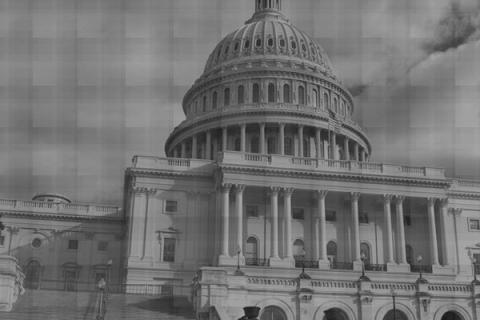
After the Illinois legislative session ended with relatively few gains, Governor Pat Quinn quickly called a special session which is set to meet on Wednesday. At the top of the agenda is the public pension reform that failed.
Shortly after the original legislative session that ended on May 31, the Moody's and Fitch credit rating agencies issued downgrades for Illinois. The reason for the downgrade was due to the "unsustainability" of the state's retirement system. Estimates vary the retirement deficit between $97 and $100 billion. Illinois has the worst credit rating of any state in the country and any further credit downgrades may drop its rating to Triple-B.
The public pension crisis is largely a dispute between Governor Quinn, Speaker of the House Michael Madigan, and Senate President John Cullerton -- all are Democrats.
Versions of public pension reform passed each chamber before the session ended, but no compromise was made and reform died. This also marks the second time in a year that Quinn has called for a special session specifically related to public pensions.
Quinn, an embattled incumbent, has urged compromise legislation. He also appealed to the city's pride in the success of the local hockey team, the Chicago Blackhawks, in the Stanley Cup Finals:
"I saw Jonathan Toews assist Patrick Kane who scored the winning goal. That's the kind of teamwork that we need in Illinois."
Madigan's proposal, which he has offered as an amendment to the Senate legislation, "cuts cost-of-living adjustments, raises the retirement age and hikes employee contributions." It also provides no choice for the workers it would affect and is unlikely to have support from unions.
Perhaps in a sign of what the Illinois public pension crisis portends, Illinois universities have already had a difficult time paying their obligations. One such, as reported in last week's Chicago Tribune, was Chicago's National Louis University, which has resorted to firing tenured faculty and rehiring them as adjuncts.
A proposal that originated at the University of Illinois Institute for Government and Public Affairs, and which Cullerton has indicated he might support, includes employees paying in more toward retirements. It also shifts the employer portion of employee pension contributions from the state to the schools themselves. This plan has the initial support of all the state's public university presidents.
In addition to all the other hurdles regarding public pension reform, any changes made to the system requires a three-fifths majority under the Illinois Constitution. Otherwise, any plan that receives a simple majority would take until June 1, 2014 to take effect.
Although expectations of the special session are low, the General Assembly and Governor Quinn have an opportunity to solve some of the liabilities surrounding the Illinois public pension impasse.
